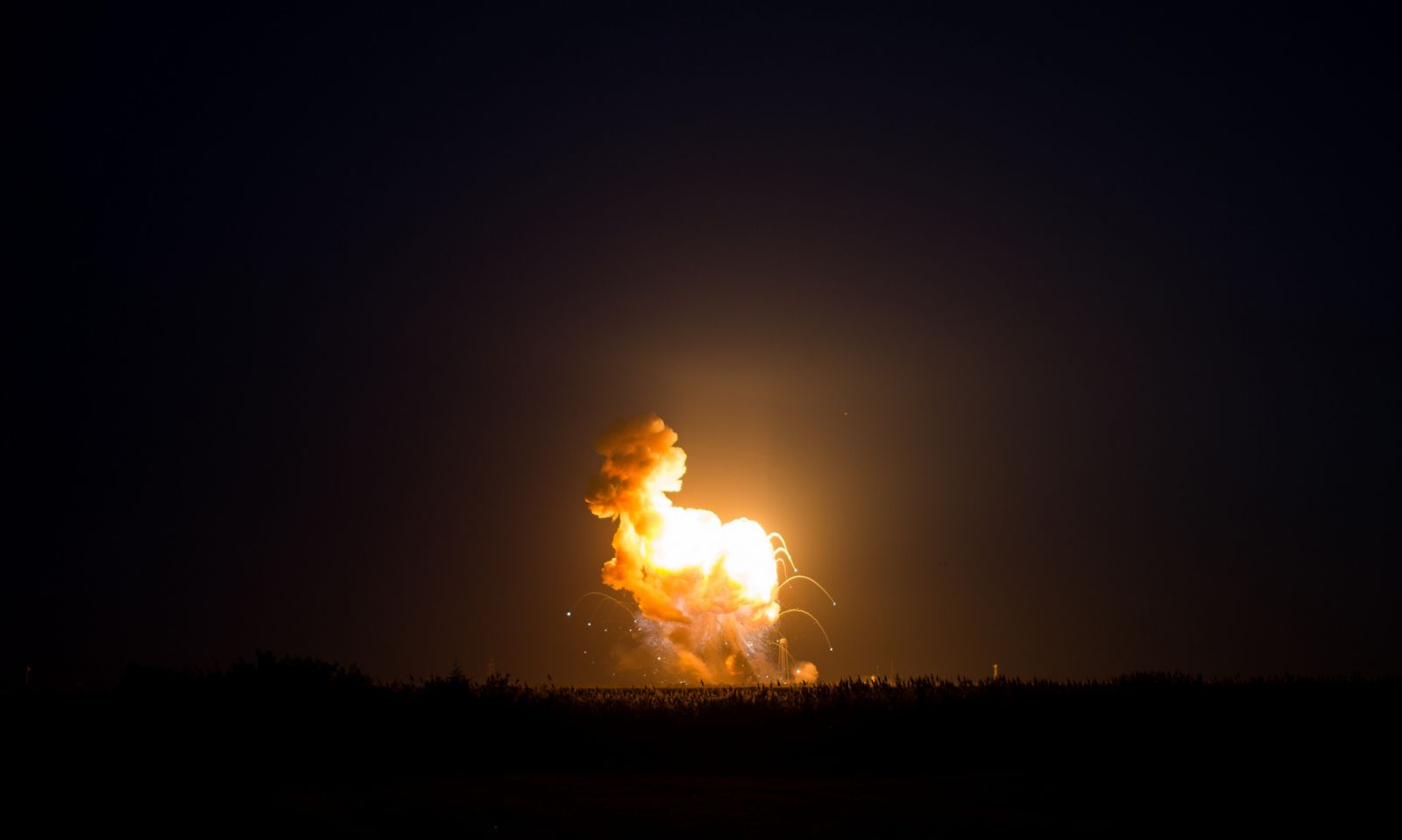Lauren Sepp
In light of the recent explosion of the Antares rocket, many engineers’ countless hours of preparation and calculation have resulted in a $200 million loss. While extremely disappointing, and the exact cause still unknown, the explosion provides an inviting backdrop for reflection. Many engineers must confront failure at one point or another during their career and whether that occurs in college or while launching a rocket, learning how to fail and reflecting on why can serve to broaden our approaches and perspectives.
In a journal article by Glenda S. Stump, Jenefer Husman, and Marcia Corby, students’ beliefs about intelligence in relation to learning and successes and failures is discussed. Some students have the ability to view failure as a stepping stone to gaining knowledge and an indicator to try a new approach or study harder, while others “…view their failure as a reflection of their low ability. They begin to doubt their capability for success, and their self-efficacy for learning and performance begins to erode.” [2]
The experience of failure is a necessary part of the learning process and while the Antares rocket failure is a bit different than failing a term in school, it reminds us to press on through the difficult times, and that taking failed results and learning from them, to move forward boldly despite them, can be a positive addition to our education.
It is in this same spirit that the Associate Administrator of NASA’s Human Exploration and Operations Directorate, William Gerstenmaier describes the outcome of the explosion:
“While NASA is disappointed that Orbital Sciences’ third contracted resupply mission to the International Space Station was not successful today, we will continue to move forward toward the next attempt once we fully understand today’s mishap. The crew of the International Space Station is in no danger of running out of food or other critical supplies. Orbital has demonstrated extraordinary capabilities in its first two missions to the station earlier this year, and we know they can replicate that success. Launching rockets is an incredibly difficult undertaking, and we learn from each success and each setback. Today’s launch attempt will not deter us from our work to expand our already successful capability to launch cargo from American shores to the International Space Station.” [3]
William Gerstenmaier is sharing the reflective stance of NASA’s engineers – that although the failure is extremely expensive and disappointing, they are well prepared to take it in stride, to improve on further iterations, and to move forward.
Discussing failures such as the Antares Rocket explosion, or other engineering failures remind students to not only take necessary measures to avoid catastrophic failure in engineering as an ethical consideration, but to consider this time in school as an opportunity to fail – it is unique in that the failures they encounter now are usually only represented by a letter grade, and it can be vital to take those in stride to improve approaches and methodology as to avoid catastrophic failure in their steps outside of college.
Bibliography
[1] NASA, “NASA Statement Regarding Oct. 28 Orbital Sciences Corp. Launch Failure,” NASA, 28 October 2014. [Online]. Available: http://www.nasa.gov/mission_pages/station/structure/launch/orbital.html. [Accessed 29 October 2014].
[2] J. H. M. C. Glenda S Stump, “Engineering Students’ Intelligence Beliefs and Learning,” Journal of Engineering Education, vol. 103, no. 3, pp. 369-387, 2014.
[3] D. Szondy, “NASA Releases More Information on Antares Explosion,” Gizmag, 28 October 2014. [Online]. Available: http://www.gizmag.com/antares-press-conference/34477/. [Accessed 29 October 2014].
Lauren Sepp is a graduate student in the department of Human Centered Design and Engineering at the University of Washington. She is also a research assistant for CPREE. (lsepp@uw.edu)

